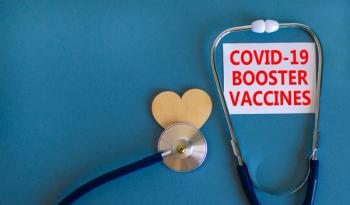
The Challenges, Strategies of COVID-19 Misinformation Interventions
COVID-19 misinformation interventions should involve public health experts, establish consistent outcome measures and more to address health misinformation at individual, community and systems levels, according researchers of a recent study.
While there is potential in debunk interventions, accuracy prompt interventions, warning label interventions and combined interventions to address COVID-19 misinformation, many challenges exist in the study of health misinformation.
Authors of a study recently published in Health Affairs stressed that interventions should involve public health experts, establish consistent outcome measures, expand studies to visual formats, develop a typology of misinformation, test interventions globally and invest in more longitudinal research, in order to address health misinformation at individual, community and systems levels.
Previous research has shown that during the COVID-19 pandemic, misinformation shared online led to folks, globally, not following proper guidelines, increasing transmission and ultimately costing lives.
These acts of neglect included not wearing masks, refusal of vaccination or relying on ineffective alternative medicines to treat infection.
Governments, public health authorities and social media platforms made many efforts to curb the spread of misleading COVID-19 information.
However, the effectiveness of these efforts or interventions remains unclear.
Researchers of the systematic review published in Health Affairs attempted to identify the different kinds of COVID-19 misinformation interventions that have been studied and the extent to which they helped mitigate the impacts of COVID-19 misinformation.
Researchers reviewed 119 interventions that were published online from January 2020 to February 2023. Found was evidence supporting interventions like accuracy prompts, debunks and warning label attempts mitigating either the spread of or belief in COVID-19 misinformation.
However, the examination exposed significant hurdles in the current approach for investigating health misinformation on a broader scale.
For example, just 18% of COVID-19 misinformation interventions included outcome measures related to public health, such as vaccination intent.
In addition, authors identified a number of different outcome measures, limiting the ability to detect the overall impacts of interventions and to determine areas of concern for intervention strategies.
“Addressing many of the challenges identified in this review, such as including more public health experts in intervention design, standardizing outcome measures, and developing a misinformation typology, will make future evidence more comparable and actionable for public health,” the authors stated in the review. “There is no silver bullet for mitigating misleading health information…Health misinformation, similar to any public health issue, requires a multifaceted approach."
Newsletter
Get the latest industry news, event updates, and more from Managed healthcare Executive.























